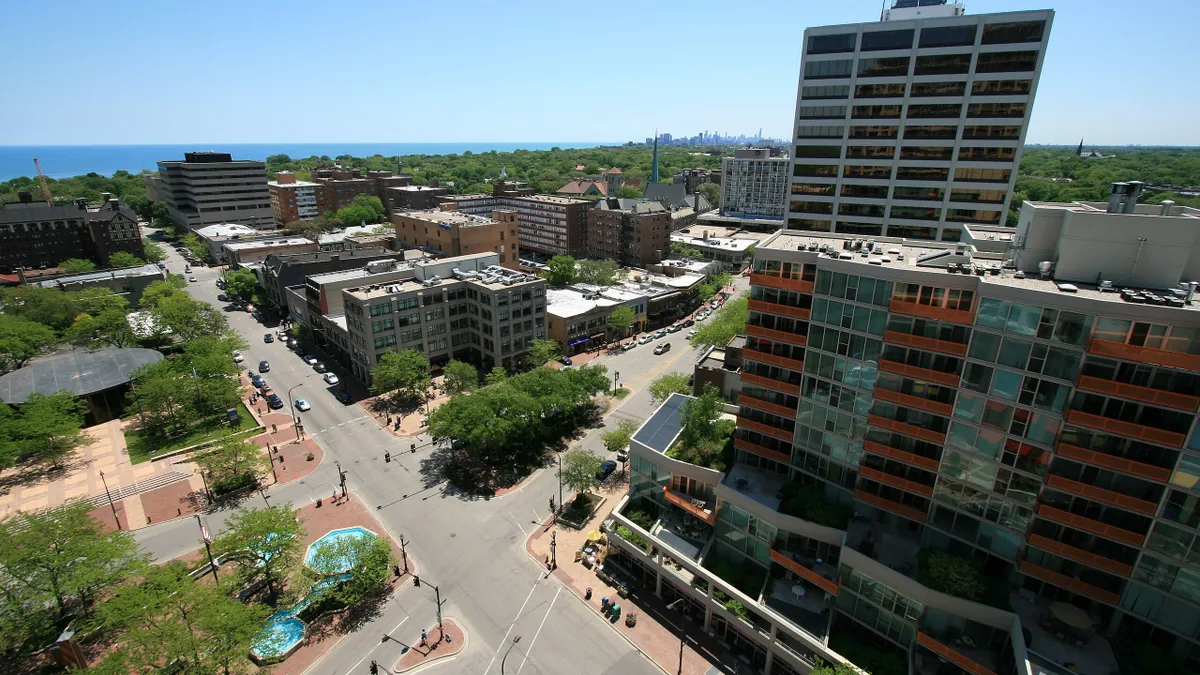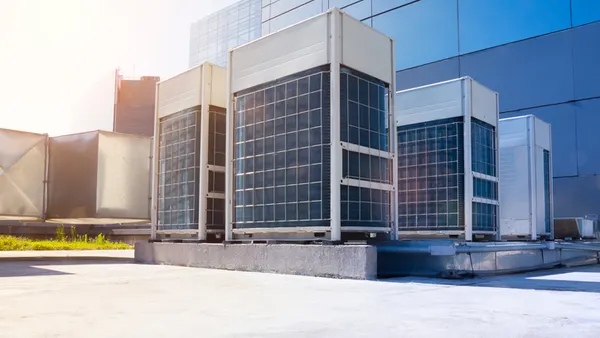The U.S. Court of Appeals for the Ninth Circuit will not reconsider its decision to overturn Berkeley, California’s first-in-the-nation ban on natural gas hookups in new construction, according to a denial on Jan. 2.
A three-judge panel of the federal appeals court struck down Berkeley’s ordinance in April, agreeing with California restaurant owners that the city overstepped the federal Energy and Policy Conservation Act when it passed the ban in 2019.
The decision led other jurisdictions in the region to reconsider their own building electrification rules to avoid legal threats, with Eugene, Oregon, reversing its gas ban altogether and Washington state changing recently adopted building codes that would have mandated electric heat pumps in new buildings. Some building electrification advocates worried that the court’s decision would chill decarbonization efforts as local and state governments face down lawsuits often led by the well-funded gas industry.
The City of Berkeley filed a petition in May for an en banc rehearing of the case, in which 11 judges would reconsider the April decision. The petition drew supportive amicus briefs from stakeholders including the Biden administration, states and other cities.
If Berkeley wants to move forward with the case in the court system, its only course of action is to ask the U.S. Supreme Court to hear it, said Amy Turner, director of the Cities Climate Law Initiative at Columbia University’s Sabin Center for Climate Change Law. Berkeley’s city attorney did not immediately respond to a request for comment on potential next steps.
Turner noted the unusually strong and complicated denial, which includes a forceful dissent by 11 of the court’s more than 50 judges. “The dissent doesn’t have any bearing on the outcome here, but Judge [Michelle] Friedland, who authored the dissent, notes that she’s writing it to essentially speak to other federal courts who may be considering similar legal questions,” Turner said. “She essentially takes the majority judges to task by arguing that they’ve misinterpreted the definitions of key terms in EPCA."
Also in the Jan. 2 denial, the original judges that overturned Berkeley’s ordinance amended some of the language in their April decision, presumably to clarify the scope of EPCA's preemption, Turner said. “The amendments do not change the April 2023 decision,” she said.















